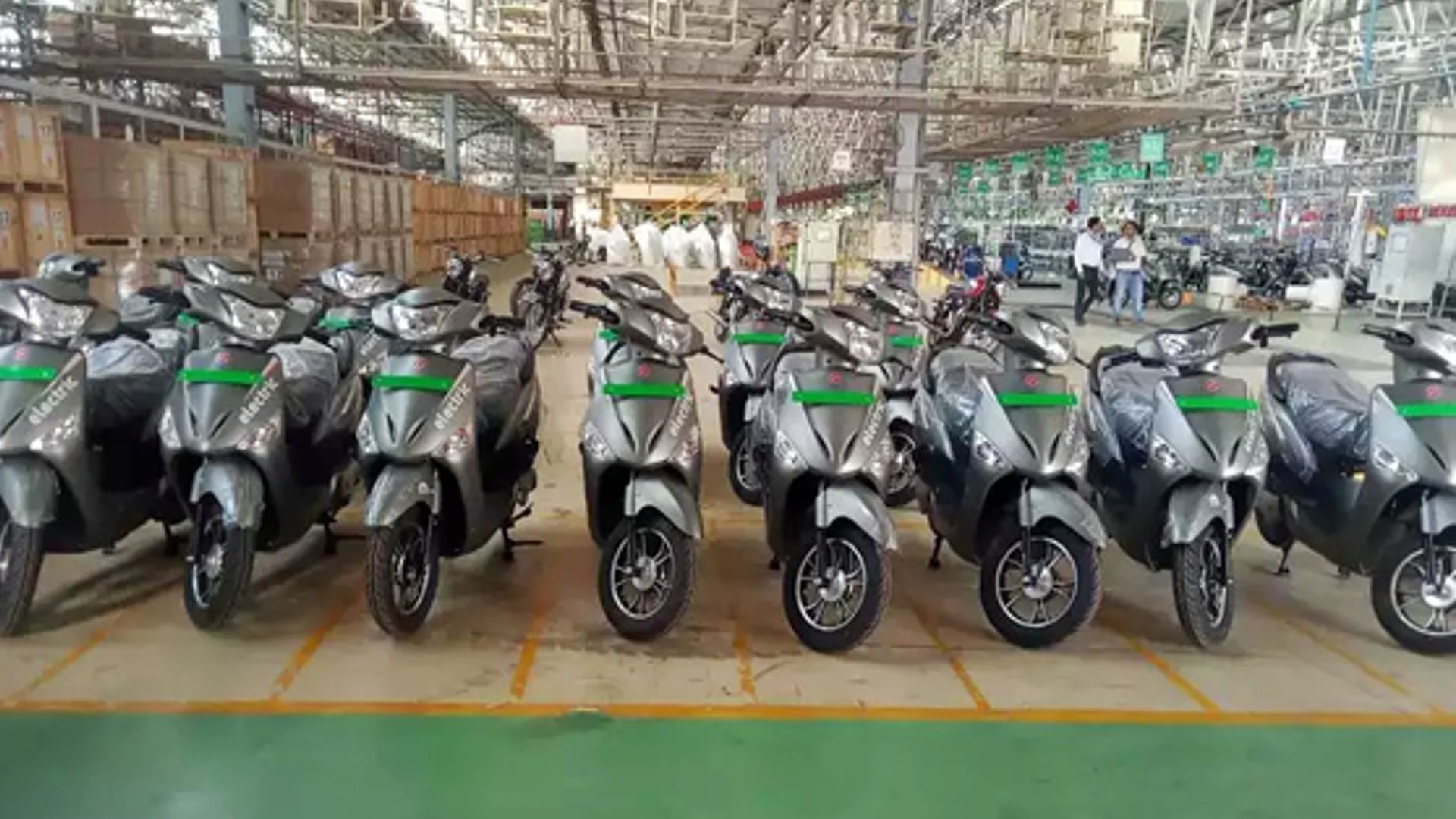Electric bikes and scooters have grown in popularity worldwide, with over 280 million units on the road. These vehicles, which began as an alternative to gas-powered mopeds and motorbikes in nations such as India and China, have made a significant hole in fossil fuel demand. The transition to electric vehicles for daily commuting and delivery services is cutting oil usage by around 1% of global demand.
These electric micro-mobility vehicles provide a low-cost, environmentally responsible way of transportation. As per a Bloomberg NEF report, a 12-mile daily commute on an e-bike costs only $20 per year for battery charging, compared to the much higher fuel expenditures of the average American automobile. Aside from cost savings, studies show that e-scooter rides emit up to 45% less carbon dioxide than other modes of transportation.
Furthermore, researchers predict that if electric bike rides account for 11% of all vehicle travel, transportation emissions will fall by roughly 7%. The attractiveness of these vehicles stems from their ease, cost, and good environmental effect, which encourages people to choose two wheels over four wheels for shorter excursions.
The rise of electric bikes and scooters, which already outnumber traditional four-wheeled EVs, represents a significant shift in worldwide mobility preferences. Their growing popularity as a sustainable form of transportation underlines the potential for considerable reductions in emissions and reliance on fossil fuels. Using these micro-mobility solutions for shorter trips can significantly reduce environmental impact, paving the path for a more sustainable future in transportation.








